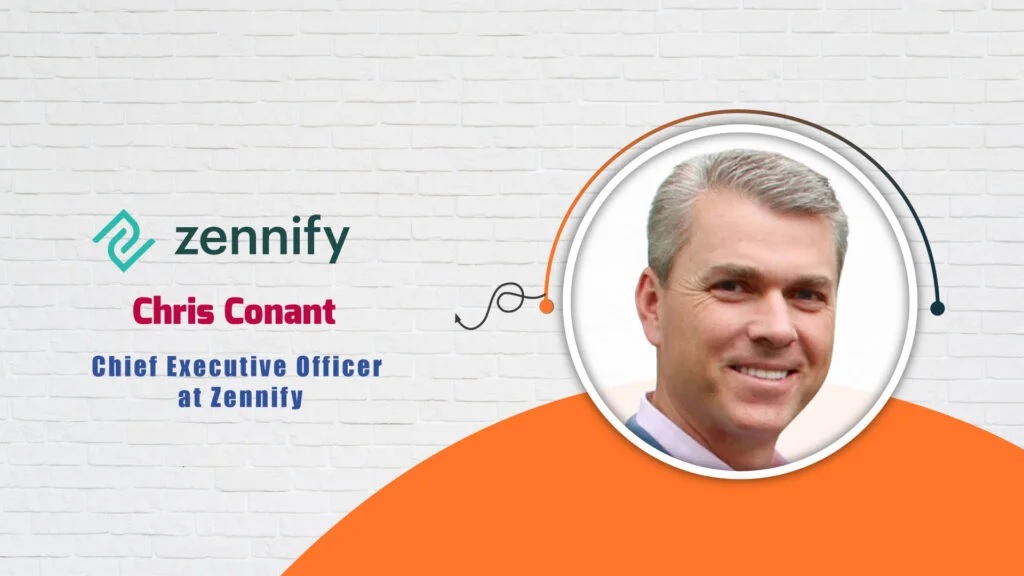Kiranbir, we’re delighted to have you at AITech Park, could you please share your professional journey with us, highlighting key milestones that led you to your current role as a Senior Staff Engineering Manager at Google?
I started as a software engineer at Garmin then Apple. As I grew my career at Apple, I wanted to help and lead my peers the way my mentors helped me. I also had an arrogant epiphany about how much more I could get done if I had a team of people just like me. That led to my first management role at Microsoft.
Initially, I found it challenging to balance my desire to have my team work my way with prioritizing their career growth. Eventually, I was responsible for a program where I had to design, develop, and ship an accessory for the Hololens in only six months. I was forced to delegate and let go of specific aspects and realized I was getting in the way of progress.
My team was delivering amazing solutions I never would have thought of. I realized I didn’t need to build a team in my image. I had hired a talented team with unique skills. My job now was to empower them and get out of their way. This realization was eye-opening and humbled me.
I also realized the skills I used for engineering weren’t the same skills I needed to be an effective leader. So I started focusing on being a good manager. I learned from even more mistakes over the years and ultimately established three core values for every team I lead:
- Trust your team and peers, and give them autonomy.
- Provide equity in opportunity. Everyone deserves a chance to learn and grow.
- Be humble.
Following my growth as a manager, Microsoft presented me with several challenges and opportunities to help struggling teams. These teams moved into my organization after facing cultural setbacks, program cancellations, or bad management. Through listening, building psychological safety, providing opportunities, identifying future leaders, and refusing egos, I helped turn them around.
Helping teams become self-sufficient has defined my goals and career in senior management. That led to opportunities at Google where I could use those skills and my engineering experience.
In what ways have you personally navigated the intersection of diversity, equity, and inclusion (DEI) with technology throughout your career?
Personally, as a Sikh, I rarely see people who look like me in my city, let alone in my industry. At times, I have felt alone. I’ve asked myself, what will colleagues think and see the first time we meet?
I’ve been aware of representing my community well, so nobody holds a bias against those who come after me. I feel the need to prove my community, not just myself, while feeling grateful for the Sikhs who broke barriers, so I didn’t have to be the first. When I started looking for internships, I considered changing my name. When I first worked on the Hololens, I couldn’t wear it over my turban.
These experiences led me to want to create a representative workplace that focuses on what you can do rather than what you look like or where you came from. A workplace that lets you be your authentic self. A workplace where you create products for everyone.
To Know More, Read Full Interview @ https://ai-techpark.com/aitech-interview-with-kiranbir-sodhia/
Related Articles -




